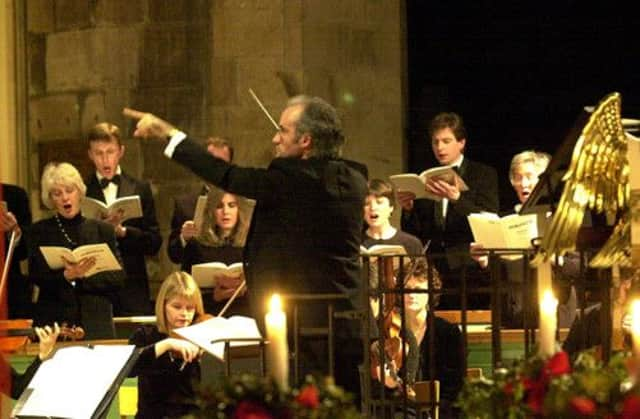Classical review: Scottish Ensemble, Glasgow


Scottish Ensemble - RCS, Glasgow
* * * *
Cast that aside, though, and this was a substantial musical treat by the Scottish Ensemble – a meaty head to head – that pitted Brit against German composers in the most constructive of scenarios.
The most striking contrast lay between the two modernists – Scots-born Martin Suckling’s Short Stories (a composite of the four “musical postcards” written as individual pieces for the SE last season), and German composer Leopoldo Hurt’s Dead Reckoning. The latter was a truly Teutonic example of brittle objectivity, its astringent language lightened by the playful theatricality of its presentation, including a megaphone wired up to the double bassist’s bow.
Advertisement
Hide AdHow different to the gossamer delicacies of Suckling’s luminescent sound world, and a style that flows with liquid ease between tonal comfort and microtonal exploration. There was a genuine affinity between this alluring music and the players. Framing these were Walton’s Sonata for Strings – a 1971 reworking of his own 1940s’ A minor String Quartet – and a highly effective string orchestra arrangement of Brahms’ String Quintet No 2 by SE artistic director Jonathan Morton. It was the Brahms that was the best of the night. The Walton, though lit with excitable moments, never quite hit the button.